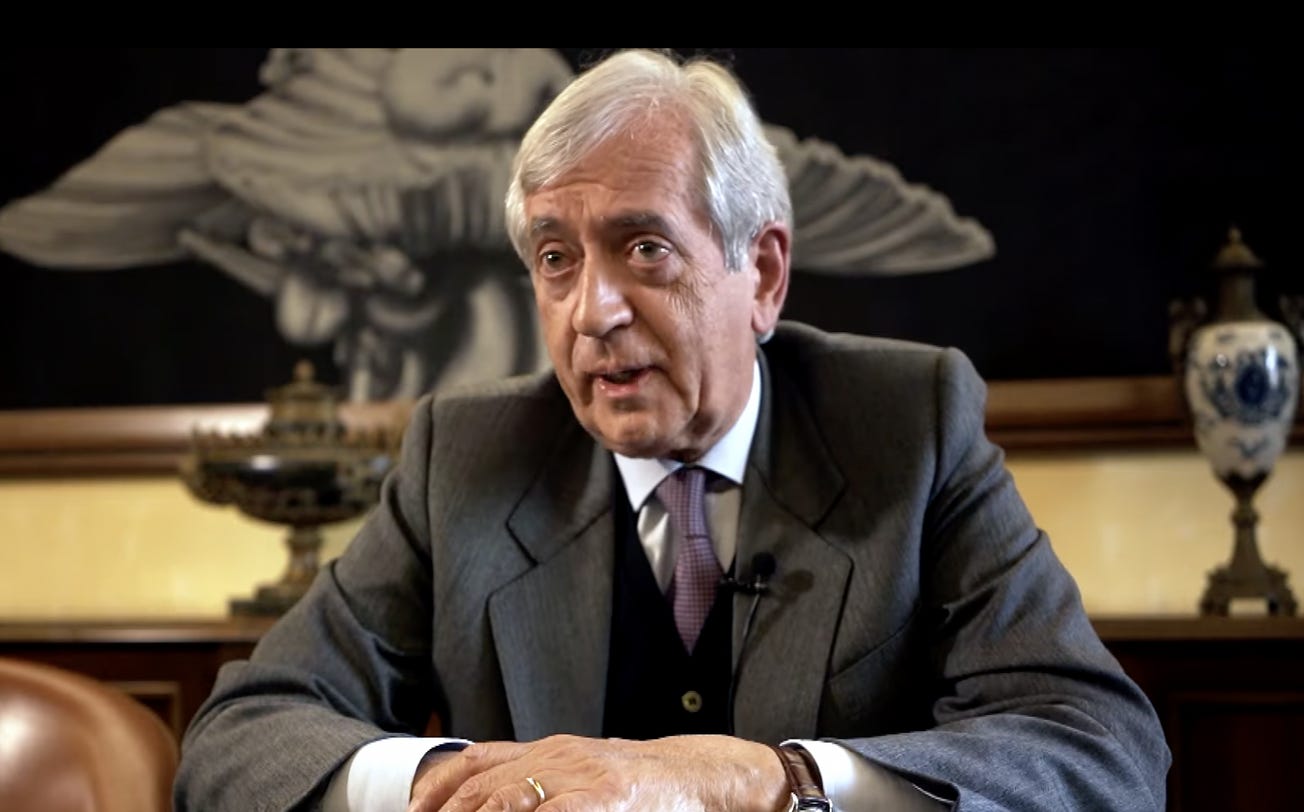Vatican lawyers deploy full court press against former auditor
Lawyers from three Vatican departments lined up in court to oppose the lawsuit for wrongful dismissal brought by Libero Milone.

Vatican lawyers argued for judges to throw out a lawsuit brought by the former auditor general in a hearing Wednesday. Lawyers for three curial departments questioned the credibility of the evidence submitted by Libero Milone in his wrongful dismissal case, and suggested further possible criminal charges against him and his former deputy.
In the first he…
